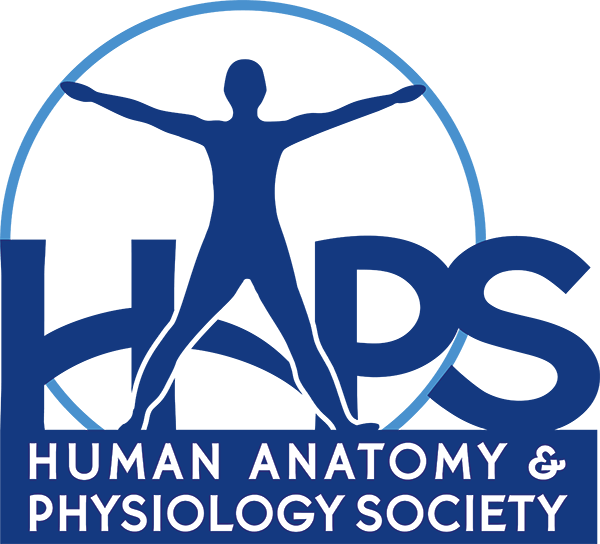
I’ll be guiding my students through an introductory exploration of the body’s resistance to disease tomorrow morning. Traditionally, I would start with the types of resistance, the layers of defense, and the components of nonspecific mechanisms before digging into adaptive immunity in a later lecture. Last semester, however, I started with a conversation about risks to health-care workers due to contagious diseases. We discussed aspects of risk evaluation, particularly complications of vaccines versus risk of serious illness. The conversation was lively, and students appeared to internalize not only the information but also the process of analysis. They practiced assessing pros and cons and applying that to their career choices. Some shared personal stories of family members who couldn’t tolerate vaccines, and we related that to the benefit of herd immunity, so they could see beyond the benefit/risk to a single individual.
I don’t think I’ll have any trouble coming up with examples of cases that crop up when people don’t get vaccinated. There was a local case here in east Texas of an other-wise healthy young man who almost died of complications of flu. The measles cases in southern California are very recent, but we also had a cluster of cases in the Fort Worth area, centered at a church run by a pastor who was vocal in his opposition to vaccination. The horrible deaths due to Ebola help remind us all of the ravages of epidemic diseases and the value of vaccination.
Knowing that I would be discussing this in class, I’ve been reading web posts on Ebola, measles, and influenza, but also Big Pharma, toxins in vaccines, and other conspiratorial secrets of mainstream medicine. I think it’s important to focus on scientific reasoning from the get-go, but also to explore the basis of decision-making by people with limited understanding of physiology and medicine. I’m dismayed by the uncivil language in many of the comments on web posts, but I read through them anyway, to see if I can glean common threads in the thought processes of people who proclaim their rejection of aspects of modern medicine. Students in my class might be on the front line of discussions with people making such decisions in the near future, and I want them to be able to demonstrate clear thinking and rational decision making while recognizing the emotional basis of decision making in others. It’s not easy, when claims of competing ‘facts’ aren’t evaluated on their merits.
I remember reading an article on cultural anthropology that explored the ability of individuals to assess risk. Basically, any tragedy that is personally witnessed is perceived to be a greater risk than any other potential – but unseen – problem, even if the odds of it happening again are quite small. This is why the risk of dying of measles seems more remote than the possibility of developing autism.
So, I use valuable class time to reinforce and practice the processes of science. I model and guide the application of logical reasoning to reliable evidence. I teach students to evaluate sources as well as examine information. And then, I hope they will use these skills in the real world, to make smart decisions on issues that impact the health of us all.

Post script…My students were well aware of the currently-spreading pathogens, and seemed completely at ease with the concept of discussing with future patients the need to think logically and consider reliable evidence in making decisions. I think I have a good group this semester!